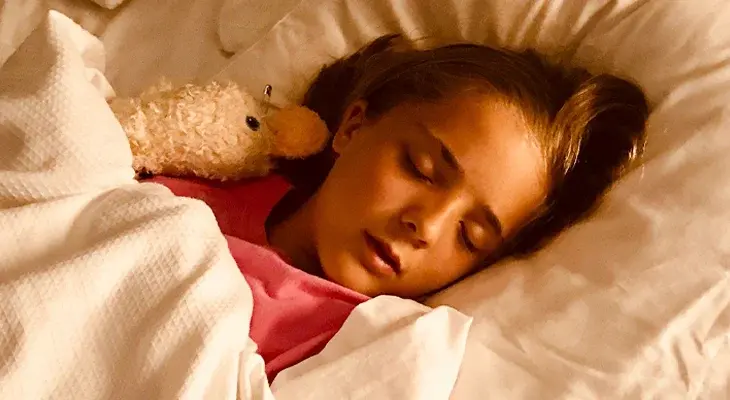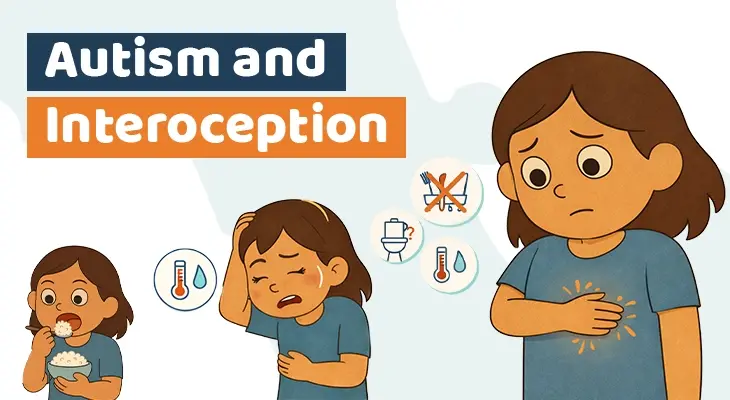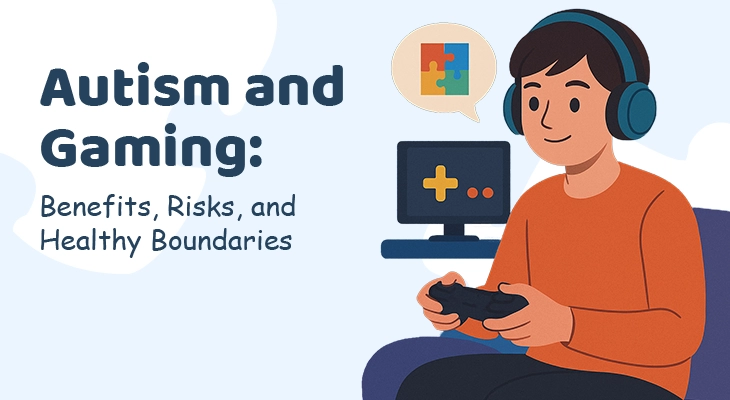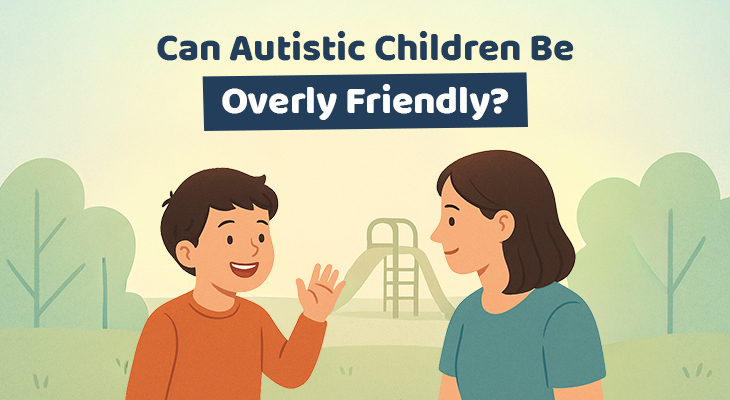Introduction
The Holidays are upon us! And as such, if we are lucky, we will have a few days off to celebrate. During these days off we may also want to catch up on our sleep! Sleep is such an important component of overall good health. But many of us may not be getting enough restful sleep. Moreso, if you are a parent or guardian of a child with ASD. It is well documented that children and young adults with autism have many issues with obtaining proper sleep.
Common Sleep Problems in children with ASD
Recent studies investigating sleep disturbances in children with autism estimate that approximately 50% to 80% of this patient population will experience some form of sleep problem. This can include anything from insomnia, trouble falling asleep, waking up intermittingly, to altogether avoiding sleep. Below are some common issues related to sleeping problems and ASD.
- Resisting bedtime and sleep: In children with autism, trying to avoid bedtime may result in them refusing to get ready for bed or to remain in bed in general. This will reduce overall sleep quantity.
- Difficulty in falling asleep: Oftentimes, it will take a longer period of time for the child to fall asleep as compared to their neurotypical peers. Again, this may reduce the overall quantity of sleep.
- Frequently waking up: Children with ASD may frequently wake up during the night, disturbing their quality of sleep. Additionally, after waking up, they will have a much harder time falling back asleep on their own. Some children may remain awake for many hours, talking, playing with their toys, or watching digital screens. Again, this will affect the overall quality of sleep.
- Restless sleep: Children with autism may move around more than usual while they sleep, which can disrupt their sleep. This restless sleep can include head-rolling, body-rocking, and head-banging.
- Various Parasomnias: Parasomnias are sleep disorders that involve undesirable physical events or experiences that occur while falling asleep, sleeping, or waking from sleep. Many children with ASD may experience these, which would include night terrors, nightmares, sleepwalking, sleep bruxism, and bedwetting.
- Waking up very early in the morning: Children with autism may wake up very early.
- Other Sleep disorders: There may be other conditions that affect sleep in children with ASD. This can include obstructive sleep apnea, periodic limb movement disorder, and restless legs syndrome.
How Autism Can Affect Sleep
The connection between sleep disturbances and autism is complex. There are several factors that may contribute to sleep problems in people with autism, including biological, social, environmental, psychological, and health factors.
-
Circadian Rhythm Disruptions:
There is evidence to suggest that children with autism may have irregular or disrupted circadian rhythms (circadian rhythms control sleep-wake patterns over the course of a 24-hour day). Researchers have proposed that this is the result of abnormalities in genes that control the mechanism of the biological clock and the production of the sleep hormone melatonin.
In some children with autism spectrum disorder, circadian rhythm problems may also be linked to hypersensitivity to sensory stimuli. There is generally a relationship between light and darkness in the sleep-wake cycle as well as the presence or absence of certain sounds that can also serve as cues to wake up or sleep. Individuals with autism who are highly sensitive to light or sound may limit their exposure to these cues, which may interfere with their ability to establish a strong circadian rhythm.
-
Social and Behavioral Features of ASD:
There are a number of other core characteristics of autism that can interfere with effective bedtime routines and sleep-promoting behaviors, including:
- Rituals that interfere with sleep (possibly connected to OCD)
- Difficulty understanding social cues and procedures
- Communication skills that are limited
- Disruptive behaviors
-
Environmental Factors:
For many children with autism, various aspects of their home or sleep environment may also contribute to sleep problems. For example, a congested household with many members (siblings, pets) that create noise and distractions may make it much more difficult to attain sleep. In urban settings, the sound of sirens or traffic could trigger strong reactions and prevent sleep. Additionally, sounds from wildlife and nature (rain, wind, thunder) may prevent proper sleep.
-
Mental Health Conditions:
Many individuals with autism have overlapping mental health conditions that are known to affect sleep.
- Attention-deficit/Hyperactivity Disorder (ADHD): It is estimated that more than a quarter of children with ASD have ADHD, which has been linked to several sleep problems, including parasomnias, night wakings, and restless sleep.
- Anxiety: One of the symptoms of anxiety is difficulty falling and staying asleep, often common in children with autism.
- Depression: More common in adolescents with ASD, Depression has been associated with insomnia and nonrestorative sleep.
-
Health Factors:
Children with ASD have increased susceptibility to iron deficiency, which is characterized by low ferritin levels in the blood. There is some evidence that suggests this might contribute to restless sleep.
Children with autism are at increased risk of having epilepsy among other health-related issues. Medications that target these uses may also negatively affect sleep.
-
Treating Sleep Problems:
Generally, if there is any co-occurring medical condition, physicians will often treat that first. In most cases, doctors prefer to start treating sleep issues without medication. This would include the implementation of proper sleep hygiene practices. Examples of this would be avoiding digital screens and/or other stimulating objects a few hours prior to bedtime. Other practices would include the formulation of a sleep routine, the avoidance of any late afternoon naps, and specific diet restrictions such as avoiding caffeine and sugar. Physicians may also advise parents and caregivers on ways to discourage sleep-disturbing habits and behaviors.
Finally, if sleep problems continue to persist then doctors may recommend over-the-counter melatonin or iron supplements for children with ASD.
What Can Be Done to Improve Sleep?
Practicing good sleep hygiene at home is important. No matter what type of sleep disorder a person suffers from, good sleep habits remain a crucial part of treatment.
- Sleep timing and bedtime routines: Develop a routine with a focus on keeping a consistent bedtime and wake-up time. Practice the same quiet activities before bedtime every night. Some children with ASD do well with a visual schedule that shows pictures of each step leading up to bedtime.
- Digital electronics: It is recommended to turn off the TV, and refrain from the use of all screen electronics at least 1 to 2 hours before bedtime. This will begin to relax the mind. Make sure to keep the sleeping area dark, but use a nightlight if necessary.
- Prepare for Comfort: Ensure that all bedding, pillowcases, blankets, pajamas, and any other night clothes are comfortable, non-irritating, and sensually appealing.
- Avoid Noise: It is important to keep the bedroom and surrounding areas quiet. Remind all household members about the importance of “quiet”! Consider the installation of carpets and curtains that may help absorb exterior noise that could be triggering to children with autism.
- Food and other substances: Avoid larger meals for up to two hours before bedtime. Refrain from any food source that contains caffeine or sugar such as chocolate, coffee, tea, cola, and energy drinks.
- Avoid Napping: Refrain from long naps, especially late in the day.
- Exercise and activity: Exercise is always a good thing! Daily exercise may help with sleep at night. A tired body is conducive to a good night’s sleep!
Conclusion
The above are just a few recommendations to assist with sleep problems in children with ASD. As a parent or guardian of a child on the spectrum, you should also take care to sleep well. It is integral!
Happy Holidays to All and to All a Good Night!!
For information on autism monitoring, screening and testing please read our blog.
References
- Centers for Disease Control and Prevention.
https://www.cdc.gov/ncbddd/autism/features/adults-living-with-autism-spectrum-disorder.html - National Institute of Mental Health. (2022).
https://www.nimh.nih.gov/health/publications/autism-spectrum-disorder - www.sleepfoundation.org





